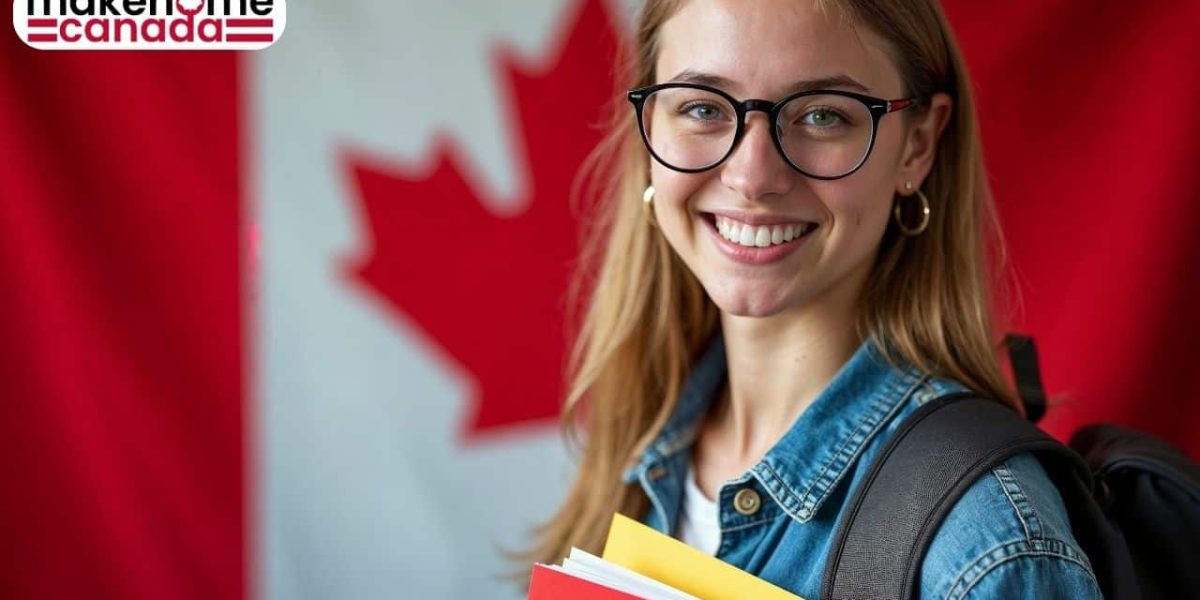The Canadian immigration goals revolve around increasing the immigration levels to enhance the economy, bringing families together, and assisting refugees.
There are three immigration classes: economic, family, and refugee.
The economic class consists of those immigrants who have the potential to contribute to the Canadian economy. They can contribute to the economy by meeting the labor market needs, managing a business, investing substantially, or creating employment opportunities.
The next category is the family class, which aims to bring together family members and couples and let them live together in Canada. The family class involves immigrants who attain sponsorship through a Canadian citizen or a permanent resident. Immigrants under the family class acquire permanent residency based on the relationship with their parents, grandparents, spouse, child, or partner.
The Refugee class deals with immigrants who attained permanent residence due to their persecution-related fears based on religion, race, specific social group membership, nationality, or public opinion.
This class applies to even those individuals who have suffered from war or experienced any kind of violence.
Canada comprises an aging population, and the birth rate is also really low, leading to lower economic rates and labor force growth.
Economic growth is reduced making it difficult for Canada to increase the tax that needs to be spent on the education and healthcare sectors. Therefore, Canada is focusing on building a robust economy.
The federal government declares its immigration levels plan every year to define the objectives of immigration for the next three years.
The immigration plan reveals the number of immigrants and the immigrant class to be welcomed in Canada.
In 2022, more than 430,000 new permanent residents will be welcomed with 60 percent of new permanent residents belonging to the economic class.
The Economic Class
Usually, the economic class come to Canada through the Federal Express Entry. Skilled workers and eligible candidates submit their Express Entry profile and they are awarded score points under the CRS system.
IRCC will send invitations to apply for PR to all the eligible candidates who have attained high scores.
The Express Entry system mainly deals with three economic immigration programs: FSWP, FSTP, and CEC.
The Federal Skilled Worker Program is a major way for Canada to bring in skilled workers from the world. The scores are calculated and awarded based on the Comprehensive Ranking System.
The factors for calculating the CRS score include work experience, age, education, language score, etc.
The Federal Skilled Class Trade is meant to reduce the labor shortages in occupations specific to trade. The FSTP candidates may also get lower scores because they are not required to prove their education level. IRCC conducts specific Express Entry draws to invite-only FSTP candidates. Those who complete the process can attain permanent residency within 6 months.
Canadian Experience Class applies to those candidates who have previously worked in Canada and are interested in becoming permanent residents.
The CEC alternative is open to international graduates and temporary foreign workers who want to develop their future in Canada.
The Provincial Nominee Program is also another option for Canadian immigrants as skilled workers. PNP spreads across the numerous benefits of Canadian immigration.
PNP is most used by territories and provinces (excluding Nunavut and Quebec) to acquire skilled workers to solidify the economy in Canada. Quebec selects candidates based on the criteria applicable under economic immigration. Initially, the candidates display their interest in immigrating to Quebec by submitting an Expression of Interest. (EOI)
The Family Class
IRCC has another pathway for immigrants which is the Family Sponsorship. If a candidate holds Canadian citizenship and permanent residency, he will have the option of sponsoring his foreign national spouse to attain a permanent residency status in Canada.
Sponsorship is possible irrespective of the sponsored individual living in Canada or abroad because couples can choose between Inland and Outland sponsorships.
Being a sponsor implies providing financially for a spouse or partner and fulfilling the needs of that person. You must prove your relationship with your partner is authentic and genuine.
Individuals holding permanent residency or Canadian citizenship can sponsor a dependent child to settle as a permanent resident in Canada.
The child needs to be eligible for sponsorship; for this, he should be the biological or adopted child of parents with permanent residency status or Canadian citizenship.
The child should be below the age of 22 years and must not be involved in any common-law partnership or marriage. The sponsor must be able to provide the child with all the basic necessities.
Individuals having Canadian citizenship and permanent residency can sponsor their parents and grandparents. Parents and grandparents eligible for the family class program can apply for Canadian citizenship in the future and become permanent residents.
Sponsors will also be required to prove their financial efficiency through the minimum income level which is mandatory under this program. He should be financially capable enough to support the sponsored individual. He must also repay the amount paid for the social assistance benefits provided to his family members for twenty years.
Candidates must prove their eligibility for minimum income requirements.
The Refugee Class
Canadian immigration is also possible through another pathway known as the Refugee Class. Refugees who settle as immigrants are usually selected by the United Nations Refugees Agency from outside the country and they eventually attain the status of permanent residency in Canada.
Canada brings to them a world free of oppression, violation, or war. Additionally, refugees in Canada might even get their claims of Asylum approved through the board of Immigration and Refugees. Refugees who have a convincing case based on humanitarian and compassionate purposes will also have the opportunity to achieve permanent residency status.




